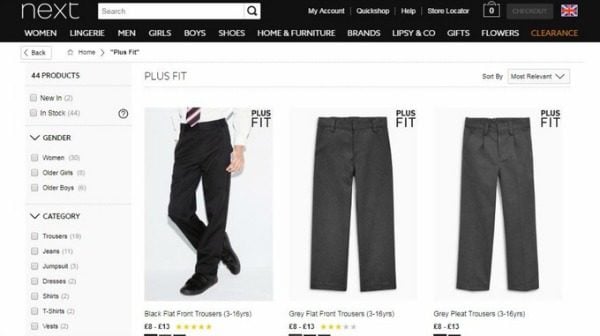This week a UK clothing retailer launched a plus-sized clothing range for children. The range caters for kids three to 16 years and features jeans and tracksuit pants with larger than normal waists.
Also this week a coalition of Australian health groups lobbied the Federal government to introduce a sugar tax on drinks.
As part of an eight-point plan to tackle Australia’s emerging obesity problem, the 20 per cent tax on sugary drinks is intended to work much like the tobacco tax where a packet of cigarettes can now cost around $40. Eventually, health experts are hoping, cigarettes or sugary drinks will just be too expensive to justify.
Two very different responses to one very big issue.
What no one is denying is that we are getting very fat (in developed countries). It’s how we are responding to that information that is dividing people. The UK Telegraph reports that a plus-sized children’s range is evidence that childhood obesity has moved beyond epidemic proportions because it is now considered normal.
Should we accept we are getting fatter as retailer Next has done and offer lifestyle solutions for this growing market, or should we try to combat the issue as the coalition of health groups are asking the government to do?
If we do accept our growing waistlines as a nation, should we implement an obesity levy in our annual tax to make sure there is enough money in the government health coffers to pay for the inevitable increased load on the health system, because this increase in weight is causing a corresponding heightening of demand on an already stretched health system.





























































































